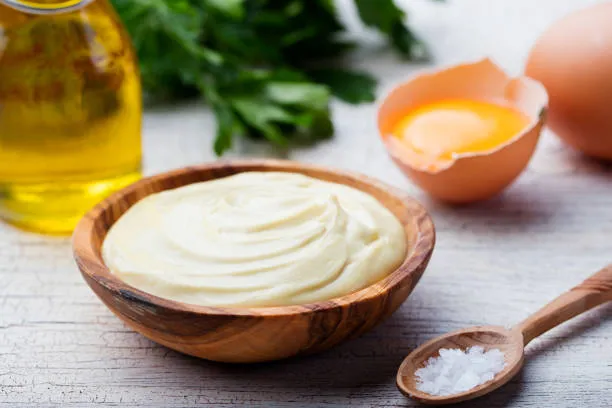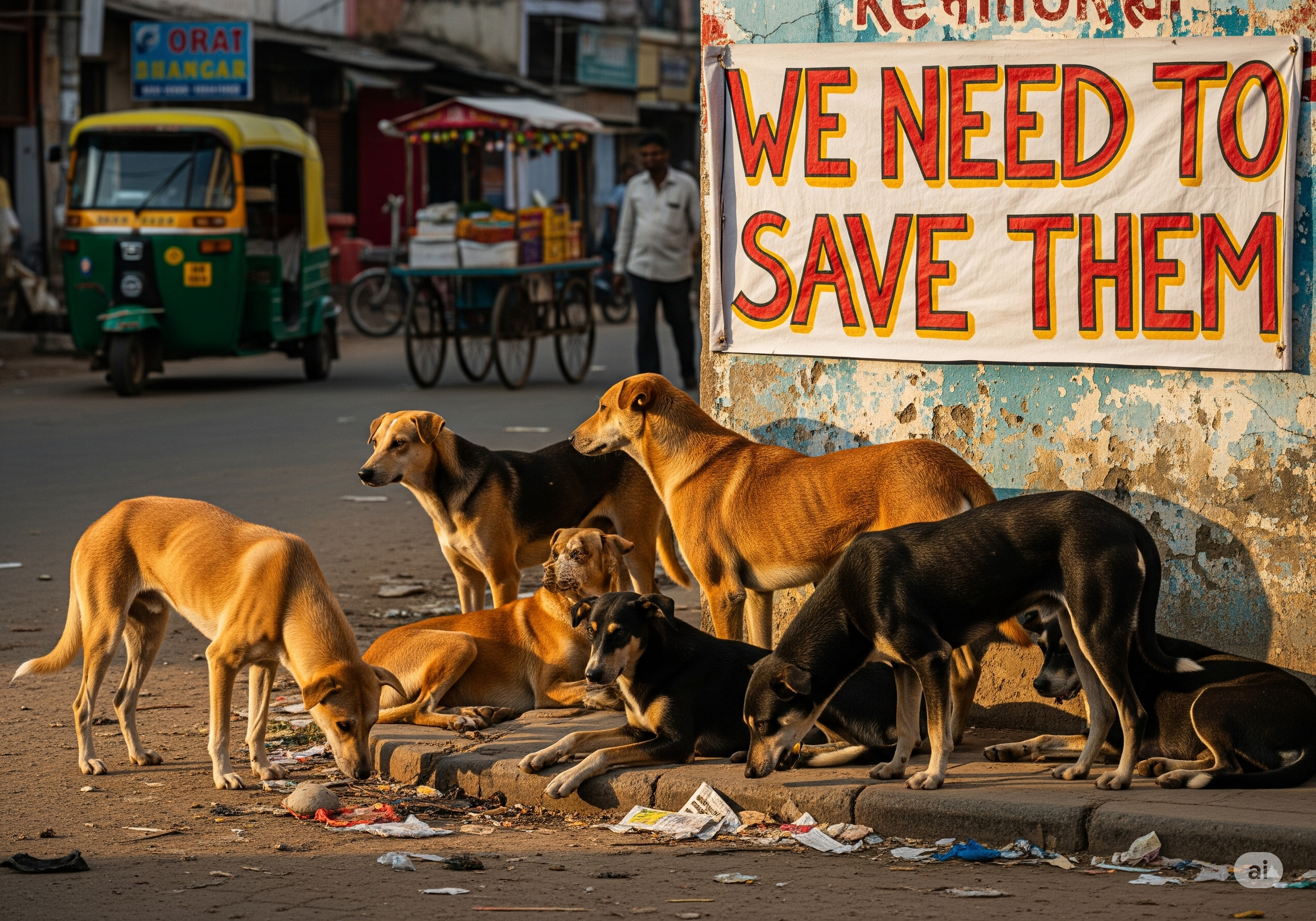Tamil Nadu’s Mayonnaise Ban: A Bold Move Towards Food Safety
In a bold and unprecedented step, the Tamil Nadu government has issued a one-year ban on mayonnaise prepared with raw eggs — a move that has stirred conversations across kitchens, street food stalls, restaurants, and public health forums. This measure, enacted in April 2025, is not a mere regulatory tick-box. It signals a growing awareness and urgency around food safety in one of India’s most vibrant culinary landscapes.

A Preventive Strike, Not a Reactive Patch
To understand the significance of this decision, we must first move past the simplicity of “mayonnaise” and into the larger ecosystem of food hygiene. Mayonnaise, especially the kind made from raw eggs, has long been a staple in fast food, fusion cuisine, and snacks popular among students and working professionals. Think shawarmas, sandwiches, burgers, wraps, and of course, momos.
But what lurks behind the creamy delight of raw egg mayonnaise is a silent threat — microbial contamination, often caused by improper handling, lack of refrigeration, and most critically, the inherent risk that raw eggs carry.
Tamil Nadu’s decision to ban this product wasn’t taken in isolation. It followed a series of troubling incidents, including food poisoning cases that made headlines and triggered concern within the health departments. Rather than wait for a major health crisis, the state has taken a preventive stance — and this is precisely where the decision earns merit.
The Invisible Danger: Why Raw Egg Mayonnaise is a Problem
Raw eggs can harbor Salmonella bacteria — a notorious culprit behind foodborne illnesses. When mayonnaise made from such eggs is left unrefrigerated, especially in a humid and tropical climate like Tamil Nadu’s, bacteria can multiply rapidly. The result? A deceptively harmless dollop of sauce can lead to vomiting, diarrhea, fever, and dehydration — sometimes severe enough to warrant hospitalization.
This risk escalates in roadside eateries or budget food joints where refrigeration is unreliable, and hygiene practices are inconsistent. These places often use homemade mayonnaise or bulk supplies that are stored in unsanitary conditions, left uncovered, or exposed to heat and flies.
The Science of Spoilage
What makes mayonnaise particularly risky is its emulsion-based nature — a delicate mix of egg yolk and oil. When made fresh and stored properly, it’s delicious and safe. But when made with raw eggs and kept at ambient temperatures for hours or even days, it becomes a microbial breeding ground.
Studies conducted by food safety labs in India have found significant levels of Salmonella and E. coli in samples of mayonnaise collected from street vendors. These bacteria are not just uncomfortable for the stomach; they can cause life-threatening conditions in children, the elderly, and immunocompromised individuals.
Learning from Patterns, Not Just Incidents
Tamil Nadu’s ban follows a pattern observed in other Indian states — Telangana and Kerala have both taken similar measures in the past. But Tamil Nadu’s approach is unique in its tone: it is not a reactive response to a single tragedy, but a pattern-based policy backed by health surveillance.
This signals a maturing attitude toward public health: identifying trends, addressing root causes, and placing prevention above cure. It also shows a willingness to disrupt the status quo when the stakes are public safety.
Economic Impact: A Balancing Act
Now let’s examine the ban from the lens of the food industry. For thousands of small eateries and food vendors across Tamil Nadu, mayonnaise is not a garnish — it’s a profit multiplier. It adds taste, volume, and appeal to dishes, often increasing their perceived value with very little cost.
Replacing raw egg mayo with pasteurized alternatives or eggless versions isn’t just a culinary choice; it’s a financial decision. Eggless mayonnaise is often more expensive and less familiar to traditional cooks. For local vendors working with thin margins, this change represents a short-term economic challenge.
But this is where the government has an opportunity. By supporting small businesses through awareness drives, affordable procurement of safer alternatives, and perhaps even incentives or training workshops, Tamil Nadu can cushion the impact of the ban while ensuring its intent is not diluted.
Consumer Responsibility: Awareness is Power
The success of this ban doesn’t rest solely on enforcement officers raiding sandwich stalls. It also rests on us — the consumers.
We must begin by asking questions: “What kind of mayonnaise do you use?”, “Is this homemade or packaged?”, “Was it refrigerated?”. These questions might feel awkward, but they normalize a culture of food awareness that can drive change faster than regulations alone.
When consumers become informed and selective, vendors naturally adapt. In that sense, awareness becomes a tool of public pressure — a soft force that shapes habits and standards over time.
Cultural Shift: Redefining Taste Without Risk
One criticism of such bans is that they police taste. Food, after all, is cultural, emotional, and personal. But in a world where culinary innovation thrives, taste need not be sacrificed at the altar of safety.
Eggless mayonnaise is not a compromise — it is an innovation. It uses plant-based proteins, stabilizers, and emulsifiers that can mimic the texture and flavor of traditional mayo without the biological risks. In fact, many upscale restaurants have already adopted eggless versions not just for safety, but for ethical and dietary inclusivity.
If anything, this ban could be an invitation for local food businesses to explore creative variations — spiced mayo, curd-based sauces, hung curd blends, or even tahini-style alternatives that add flair and safety in equal measure.
Legal Enforcement: A Work in Progress
While the intent behind the ban is commendable, its enforcement will determine its success. Tamil Nadu’s food safety officers will now need to inspect markets, issue notices, and possibly prosecute violations — a labor-intensive process.
To make this work, enforcement must be data-driven and cooperative, not just punitive. Officials must collaborate with vendor associations, conduct regular but respectful inspections, and offer practical solutions rather than only imposing fines.
Transparency will also be crucial — publishing lists of approved brands, sharing testing results with the public, and educating communities about safe food practices can amplify the reach of the policy.
Food Safety in India: A Rising Tide
Tamil Nadu’s action is part of a broader shift happening across India. From increased testing of street food to tighter packaging norms for dairy and meat, the Food Safety and Standards Authority of India (FSSAI) is gradually building a culture of accountability in our food systems.
We are moving from a society that asks “Is it tasty?” to one that also asks, “Is it safe?”
This cultural evolution is long overdue, especially in a country with such diverse culinary traditions and a large informal food economy. The mayonnaise ban might seem small in scope, but symbolically, it is a big leap toward prioritizing public health without sacrificing food diversity.
What Next?
The next twelve months will be revealing. Will the ban significantly reduce food poisoning incidents? Will businesses adapt quickly, or will non-compliance remain an issue? Will consumers change their preferences, or seek out workarounds?
These questions can only be answered over time, but Tamil Nadu has set the stage for a data-rich, policy-driven experiment in food safety.
If successful, it may pave the way for broader regulations on other risky ingredients and possibly inspire other states to adopt similar proactive strategies. If flawed, it will still serve as a case study in how governments can — and should — prioritize citizen health.

A Step Forward
Tamil Nadu’s ban on raw egg mayonnaise is not just about one condiment. It’s about a system acknowledging that something as simple as a sandwich spread can affect public health. It is about recognizing patterns, acting with foresight, and making difficult decisions for the greater good.
This isn’t a war against mayonnaise. It’s a commitment to cleaner, safer, more responsible food practices. And if that means rethinking a few recipes and educating a few million people — it’s a small price to pay for a healthier tomorrow.
Follow Buzztimes for more updates.










2 thoughts on “Tamil Nadu’s Mayonnaise Ban: A Bold Move Towards Food Safety”